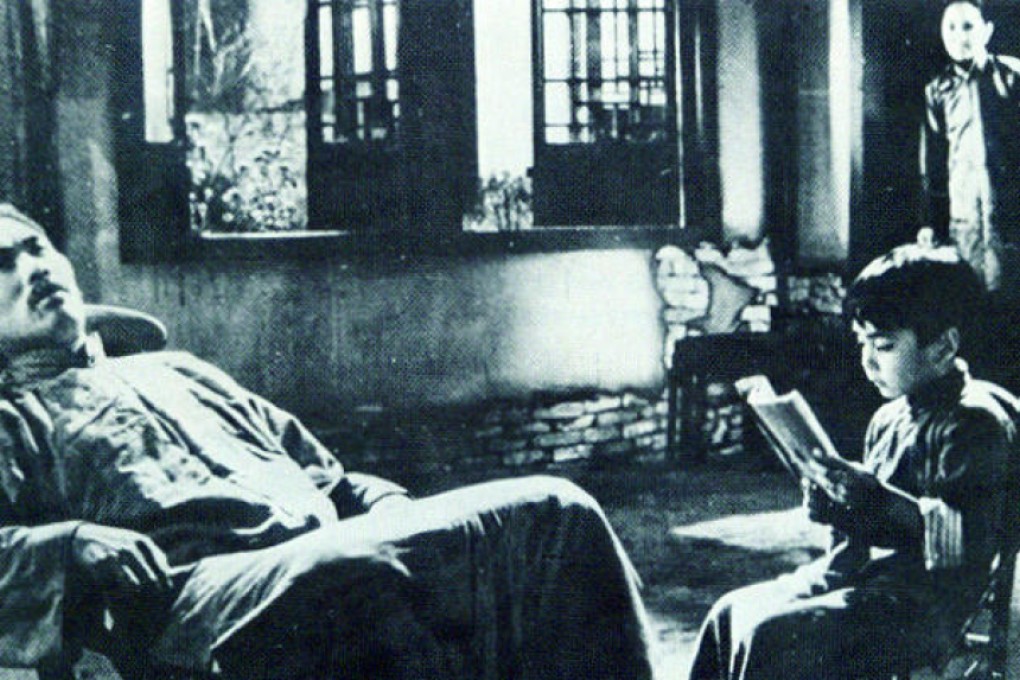Why Song of China is essential viewing for fans of Chinese cinema

Five years after Hollywood had fully converted to "talkies", Shanghai cinema was still coming to grips with the new medium in hybrids like Song of China (1935).
The ethical drama has a soundtrack containing music, effects and a theme song. But the language from the impressive roster of stars is done with facial expressions rather than words, the subtlety of some of the performances uniquely suiting the script's Confucian theme of filial piety.
With its line-up of A-list names, both in front of and behind the camera, Song of China is essential viewing, if not always satisfying cinema. Even aficionados will have trouble enthusing over the plot's unsubtle take on intergenerational conflicts as children are drawn to the glittering city lights, forsaking ancient country-bred values.
Fortunately, there is much more to the film, particularly when viewed in the context of Chinese movie history. This is the earliest extant work by director Fei Mu, one of the art's true poets, and contains elements he would later develop to greater effect in masterpieces such as Confucius (1940) and Springtime in a Small Town (1948).
Deserving special mention is the cast, a collection of top-tier talent who were, in effect, a microcosm of Shanghai's screen elite. Several, including Lam Cho-cho ( Song of China's matriarch), Lai Cheuk-cheuk (the vapid daughter-in-law) and Chen Yanyan (the innocent daughter), would later make their mark in Hong Kong's Cantonese and Putonghua pictures.
Zheng Junli, who plays the grandson, would eventually leave acting and rise to prominence as one of the mainland's most lauded directors, his achievements including The Spring River Flows East (1947) and other classics before Cultural Revolution-era persecution resulted in his death in prison.